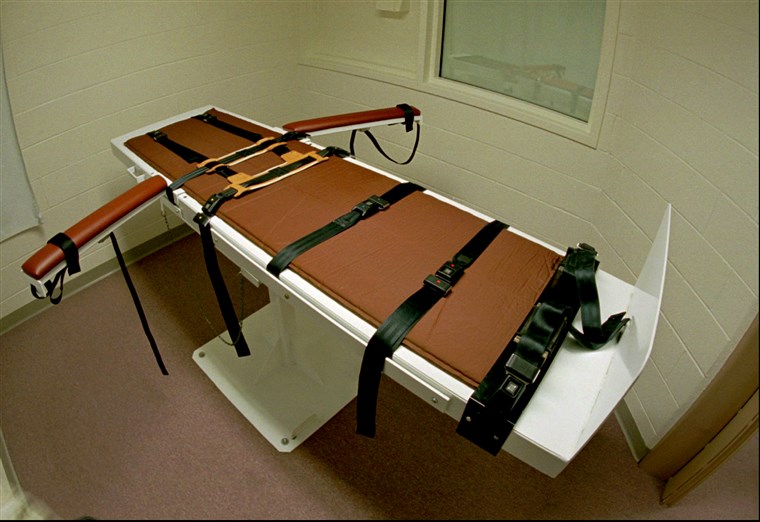Death Penalty
May 1, 2020
Death penalty (also called capital punishment) is the practice of a state to put someone to death as punishment for a crime. I am personally against the practice and will argue against it in this article.
According to an article from The Guardian, “At least 4.1% of all defendants sentenced to death in the US in the modern era are innocent, according to the first major study to attempt to calculate how often states get it wrong in their wielding of the ultimate punishment.” This is sentenced, not people that actually eventually got executed.
However, the lead author from the study, Samuel Gross, states, “If you look at the numbers in our study, at how many errors are made, then you cannot believe that we haven’t executed any innocent person – that would be wishful thinking.”
The article also states, “Richard Dieter, executive director of the Death Penalty Information Center, which supplied some of the data on which the study depends, said ‘every time we have an execution, there is a risk of executing an innocent person. The risk may be small, but it’s unacceptable.’” So, to summarize, the death penalty is irreversible and can come with a risk.
There is also a significant racial bias in the death penalty. A paper from Amnesty International (https://www.amnesty.org/download/Documents/144000/amr510521999en.pdf) states, “Professor David Baldus and his colleagues examined more than 2,000 murder cases, including those before and after judicial reforms in 1973 intended to prevent discriminatory sentencing … When all conceivable legal factors were accounted for, the odds of a death sentence were four times higher for cases with white victims than for cases with black victims. The odds of a death sentence in cases in which blacks killed whites were as much as 11 times higher than the capital murder of a black victim by a white person.”
Some would say that the death penalty could deter crime. The experts would say the opposite. According to a paper by Traci L. Lacock and Michael L. Radelet called “DO EXECUTIONS LOWER HOMICIDE RATES?: THE VIEWS OF LEADING CRIMINOLOGISTS,” “Here, 88.2% of the polled criminologists do not believe that the death penalty is a deterrent, up slightly from 83.6% in 1996. With the not sure responses eliminated, the proportion of responses that reject the deterrence argument increased from 87.5% in 1996 to 94.3% in 2008. This difference is not statistically significant, which indicates that there has been virtually no change in the experts’ opinions over the twelve years between the two surveys.”
To summarize, the death penalty does not work in deterring crime, is affected by racial bias, and can cause innocent people to be executed. Although some may disagree, I also think that the state should have no right in taking the life of a person. That is a personal belief of mine. But regardless of beliefs, I think that the facts show that we should get rid of the death penalty.
